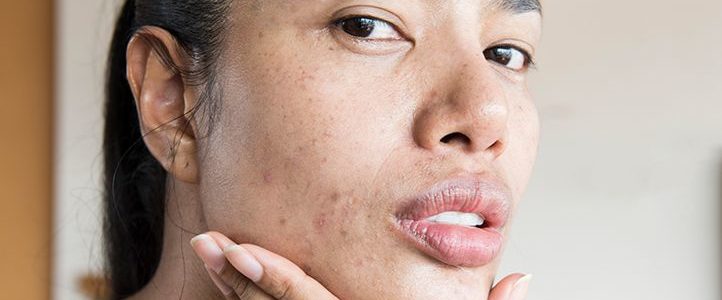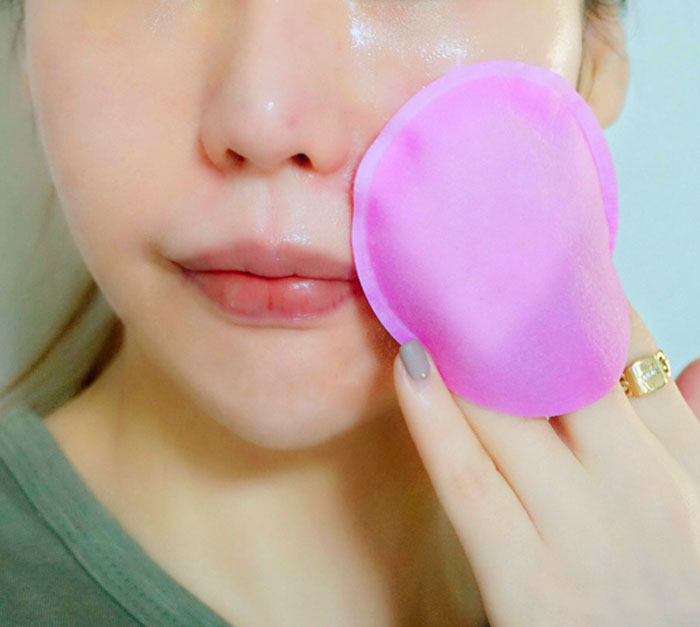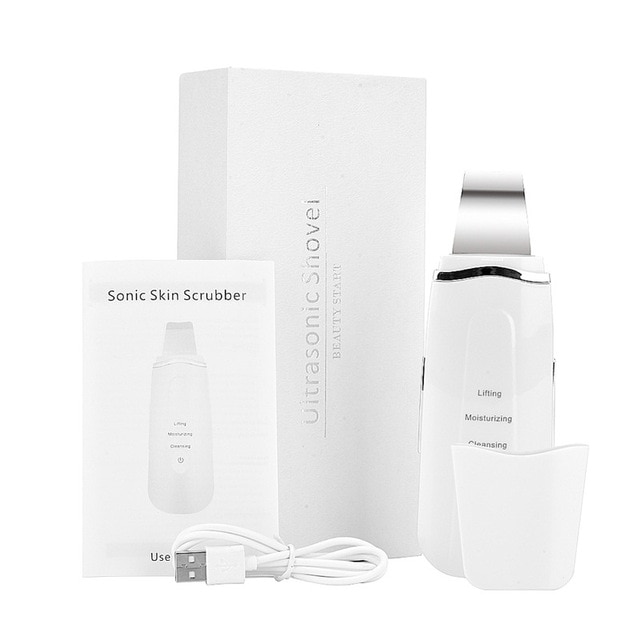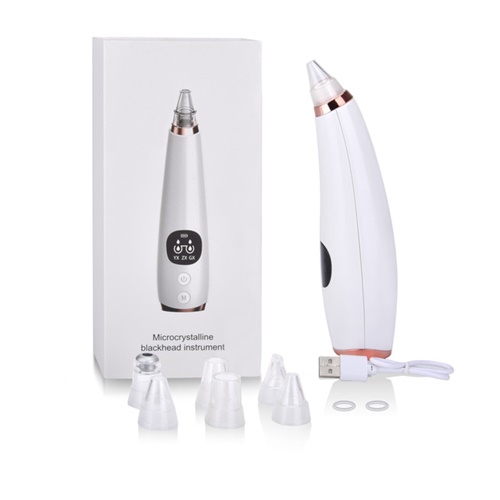
Maskne, the Downside of Mask Wearing
By now, we all know that masks have been critical, a lifesaving tool to help curb the spread of coronavirus. One frustrating side effect is what dermatologists are calling “Maskne“, the acne that stems from extended use of a face mask.
“It causes more natural oils to be trapped into the pores or follicles,” said Dr. Diane Jackson-Richards, a dermatologist from the Henry Ford Health System.
“Growing up I never had acne, never had a blemish,” said Shema, an artist from Downriver.
“I felt very insecure having to deal with skin issues at 33,” added Shema.
“People that have never had acne before, that suddenly have it, are the most frustrated,” said Lauren Weinberg P.A-C. She’s seen an uptick in complaints about the toll wearing a mask is taking. People are desperate for ways to restore their skin. 
After much trial and error, Shema found relief by using dermatologist prescribed Benzoyl Peroxide with five percent active ingredients.
Turns out mask management is a key to managing “Maskne”. Reusable masks can help with the struggle. “If you’re wearing cloth masks keep in mind, you’ve got to wash them regularly,” says Dr. Jackson-Richards.
Use non-scented detergent if you’re sensitive to perfumes.
Avoid face makeup. That combines with natural oils and can clog up your pores.
Both dermatologists advise sticking to wearing eye makeup only.
 To recover from “Maskne” do the following:
To recover from “Maskne” do the following:
- Choose a mask with lightweight material
- Wash your face twice a day with a mild cleanser
- Use a non- comedogenic facial cream once per day
- Remove dead cells once a week with an Ultrasonic Skin Scrubber, Bio-peel Facial Pads or an Electric Pore Blackhead Vacuum .
 Of course, if you’re doing all of those things and still having trouble getting it under control, that’s when you know it’s time to see a dermatologist.
Of course, if you’re doing all of those things and still having trouble getting it under control, that’s when you know it’s time to see a dermatologist.
